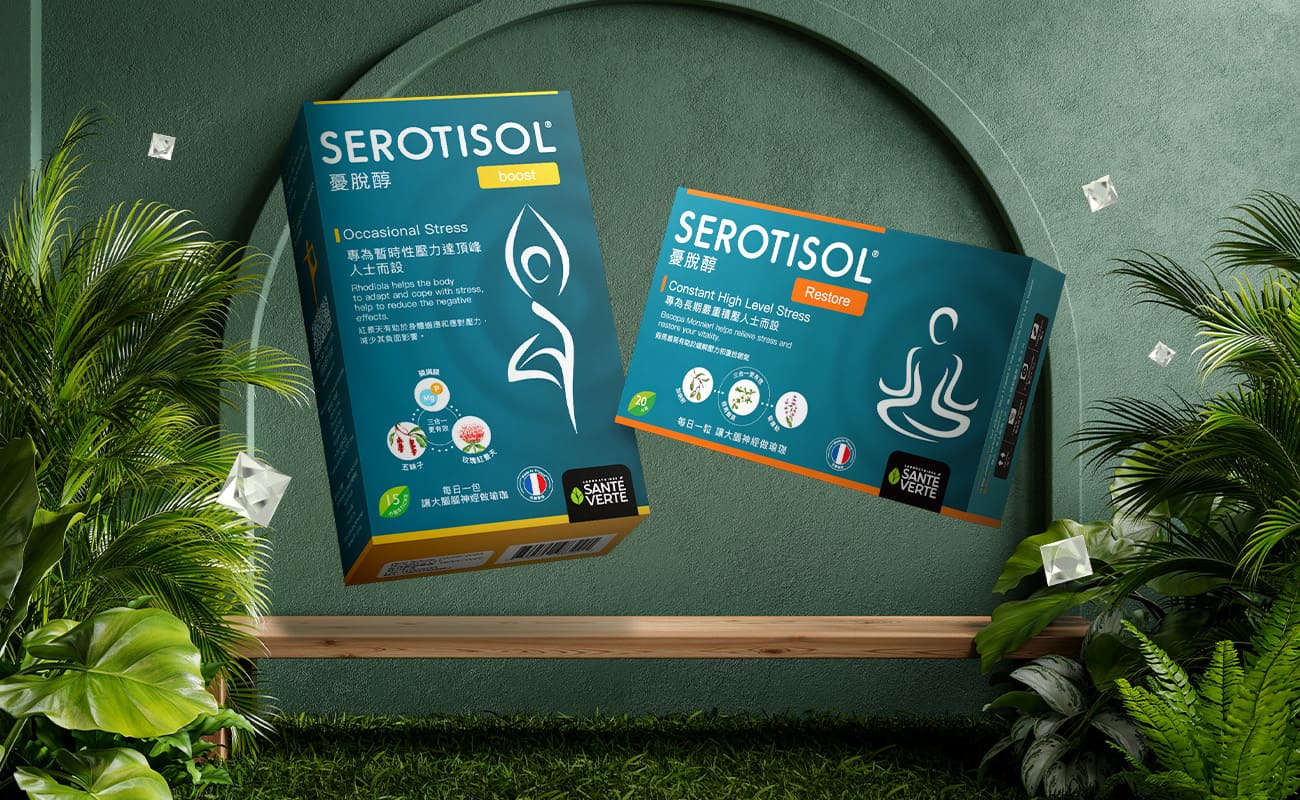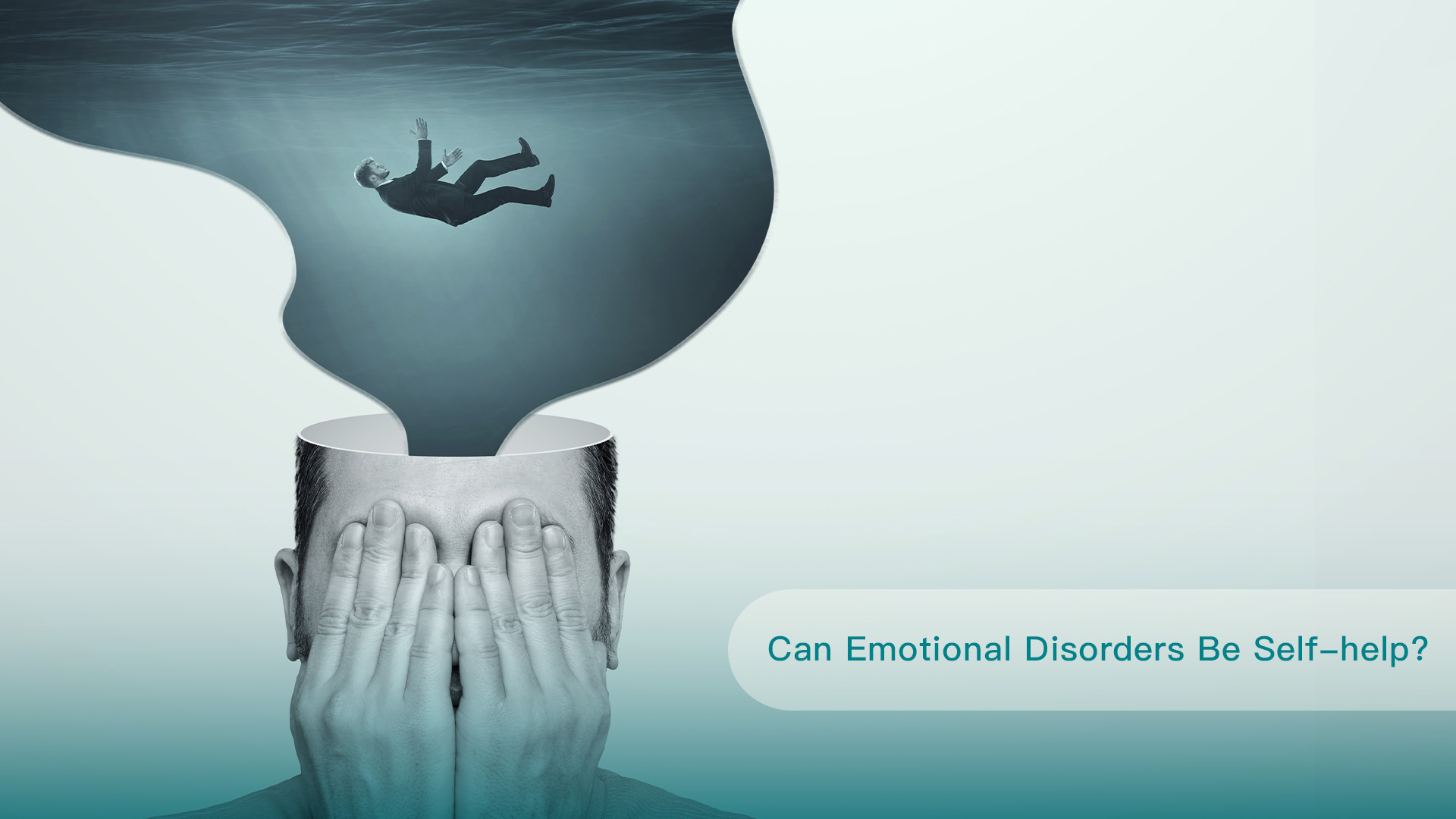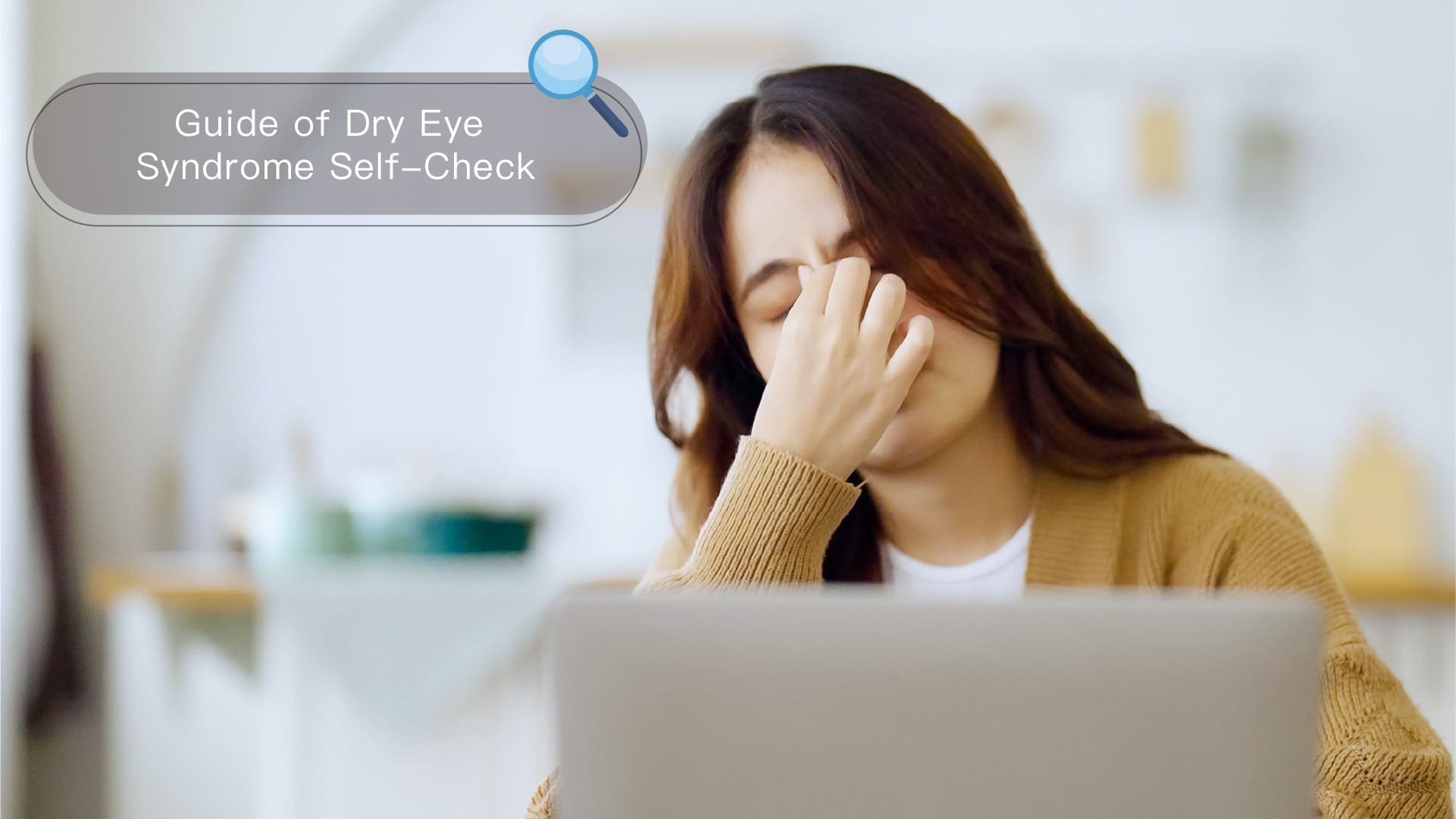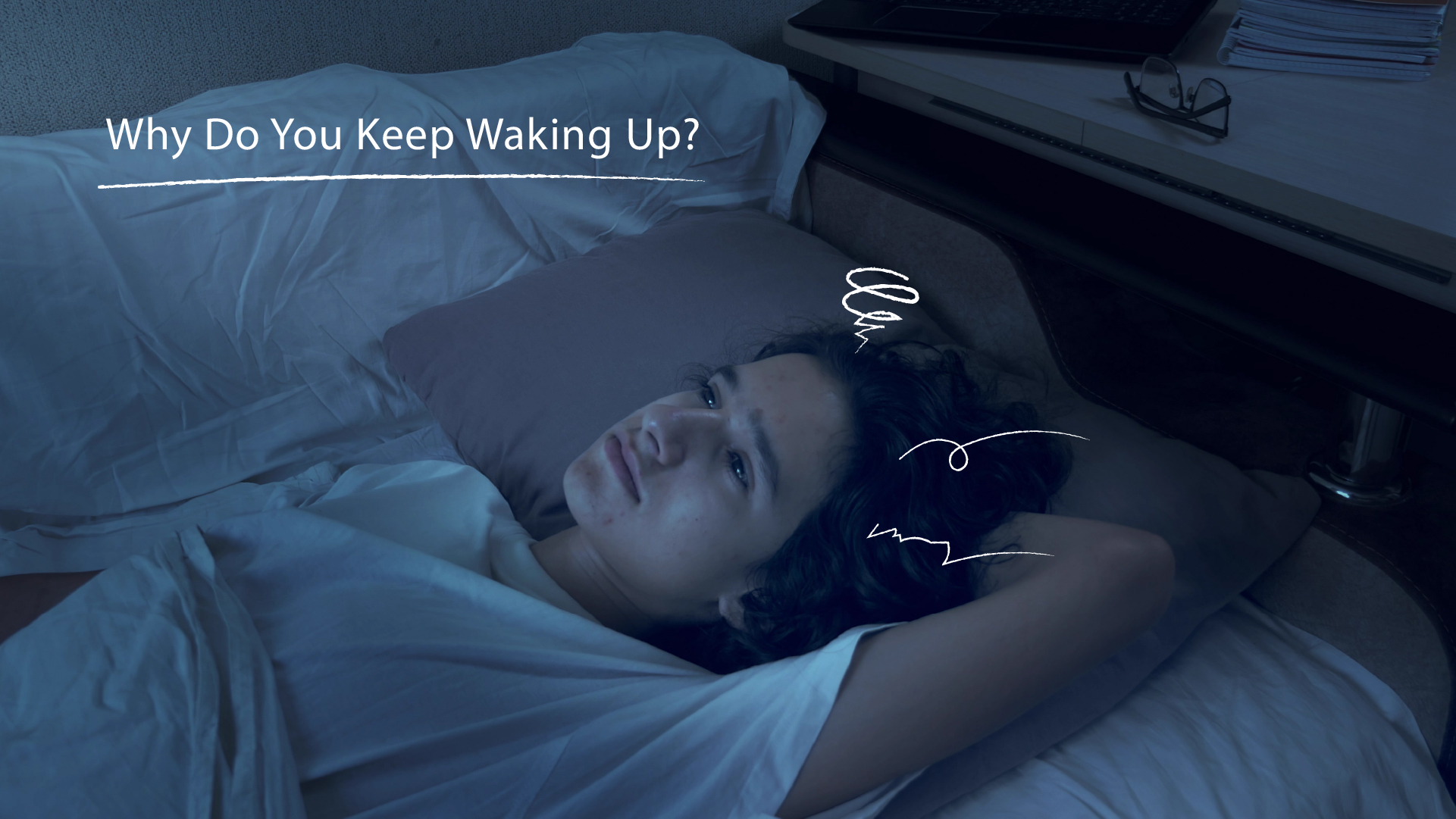Emotional Disorders vs. Normal Emotions
The main difference between emotional disorders and regular emotions lies in their persistence and severity. Regular emotions are responses to everyday events like happiness, sadness, or anger. In contrast, emotional disorders involve these emotional responses becoming excessive and prolonged, impacting our quality of life and functionality. Common emotional disorders, such as depressed emotions and anxiety, require professional diagnosis and treatment.
Understanding the Connection Between Emotions and the Brain
Many people experience anxiety and depressed emotions in their daily lives. Understanding the physiological basis of these emotions can help better manage and cope with them. Below, we will explore the relationship between emotions and brain function, the impact of stress hormones, and the three key neurotransmitters that promote happiness in the brain.
Anxiety
Anxiety is an emotional response accompanied by thoughts of tension or worry. Physiological symptoms include nervousness, muscle tension, sweating, and restlessness. Anxiety involves chemical imbalances in the brain, particularly within the autonomic nervous system and specific brain regions.
The Autonomic Nervous System and Anxiety
The physiological effects of anxiety are mainly by the autonomic nervous system (ANS). The ANS extends from the brain along the spinal cord, branching out to various organs, effectively controlling the entire body. The ANS comprises the sympathetic and parasympathetic nervous systems, which work together to maintain physiological balance.
・The Sympathetic Nervous System is responsible for handling fight-or-flight responses. It activates in response to stress, releasing large amounts of norepinephrine and stimulating the endocrine system, enabling the body to resist stress.
How External Stress Affects Brain and Nervous Function:
The amygdala and hippocampus are crucial in processing stress responses. The amygdala handles emotional reactions like joy, anger, and sorrow, while the hippocampus manages memory and emotional regulation.
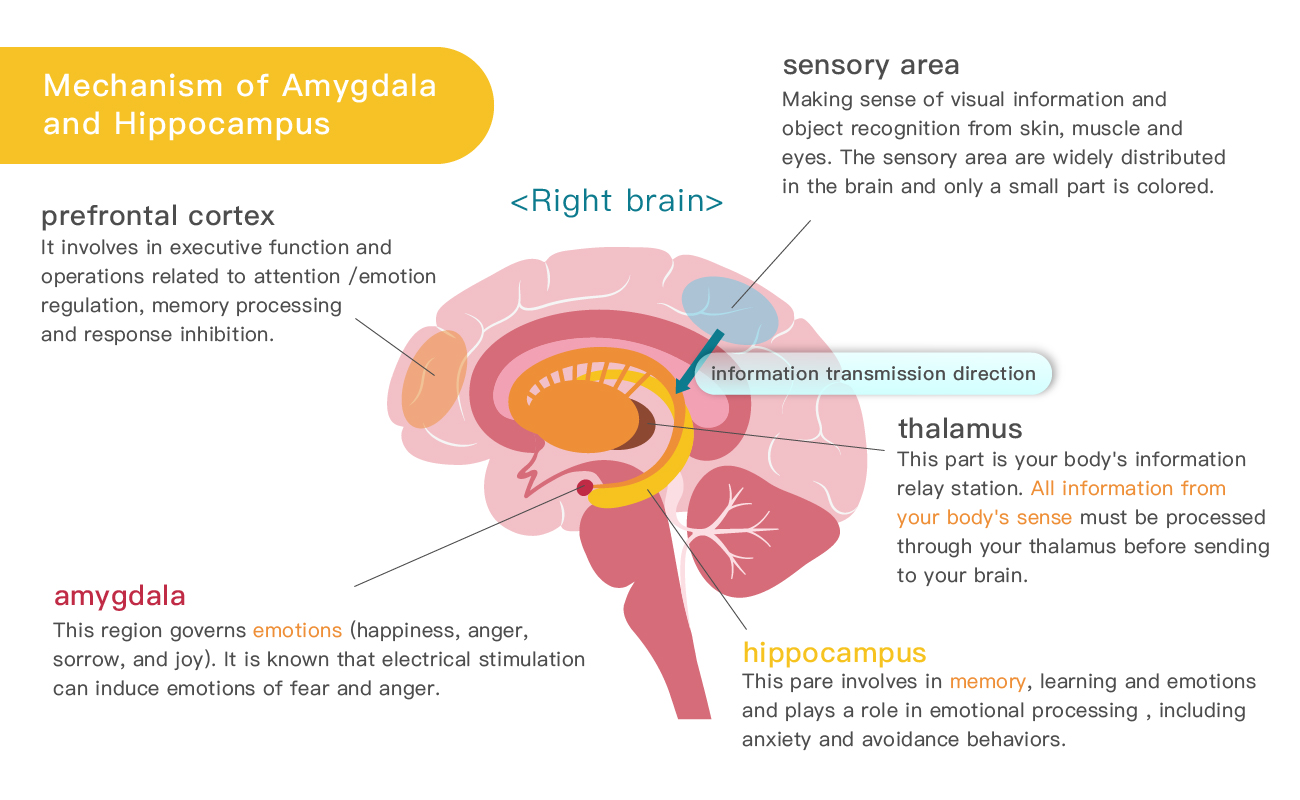
When encountering harmful stimuli, the amygdala sends signals, releasing adrenaline and triggering the sympathetic nervous system to respond to emergencies. Simultaneously, the brain’s stress center suppresses serotonin production, a key element in promoting happiness and well-being.
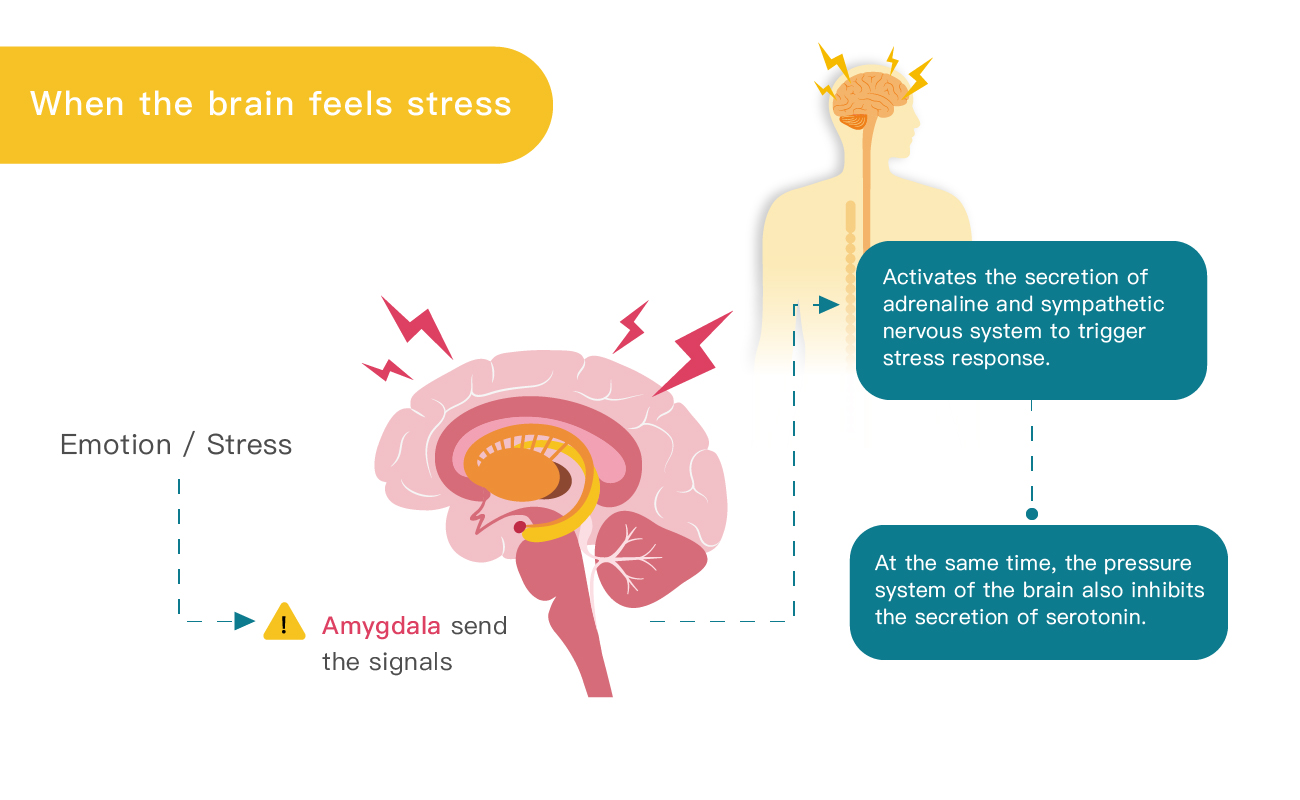
Prolonged stress and anxiety can result from persistently low levels of serotonin and GABA (gamma-aminobutyric acid), leading to depressive tendencies and difficulty relaxing. Serotonin promotes happiness and relaxation, while GABA helps to calm the nervous system.
The Impact of High Cortisol Levels
・Autonomic Nervous System Overactivation:
Chronic stress triggers the amygdala, prompting the hippocampus to store these stressful memories and over-activating the autonomic nervous system, contributing to anxiety.
・Hippocampal Vulnerability:
The hippocampus is particularly susceptible to damage from prolonged negative emotions, which can impair its function over time.
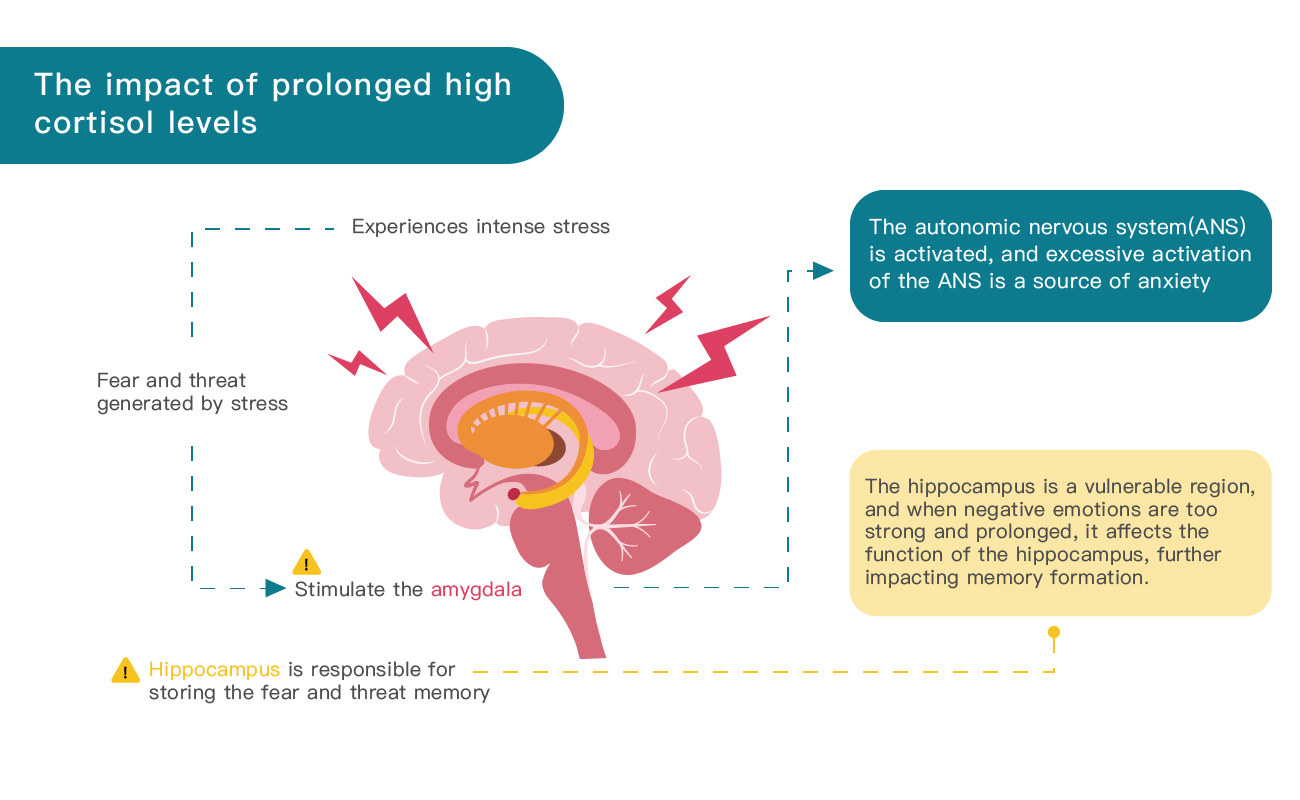
Depressed emotions
Depressed emotions are a mental disorder involving neurochemical and neuroendocrine system imbalances in the brain, affecting areas such as the amygdala, thalamus, and hippocampus. This can lead to feelings of emptiness, loss, shame, and guilt. The two primary mechanisms driving depression are dysregulation of the brain’s monoamine neurotransmitter system and the HPA (hypothalamic-pituitary-adrenal) axis.
Dysregulation of Two Systems in Depressive Emotion
・Monoamine Neurotransmitter System:
Monoamine neurotransmitters, such as dopamine, norepinephrine, and serotonin, play crucial roles in regulating mood, arousal, and memory. Dysregulation in this system can lead to emotional imbalances.
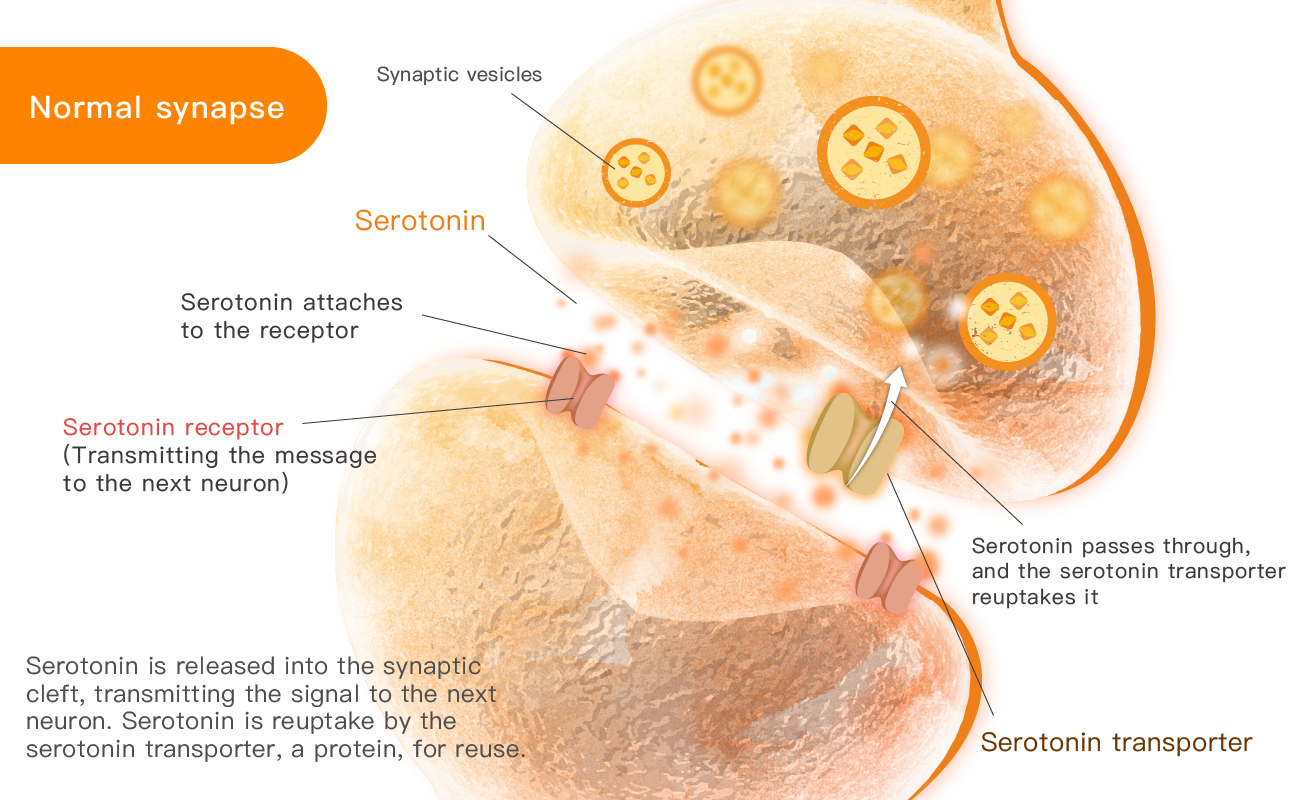
・HPA Axis System:
The HPA axis involves the hypothalamus, pituitary gland, and adrenal cortex, releasing cortisol and other stress hormones to help the body cope. Prolonged stress can cause sustained high cortisol levels, negatively affecting the brain and body.
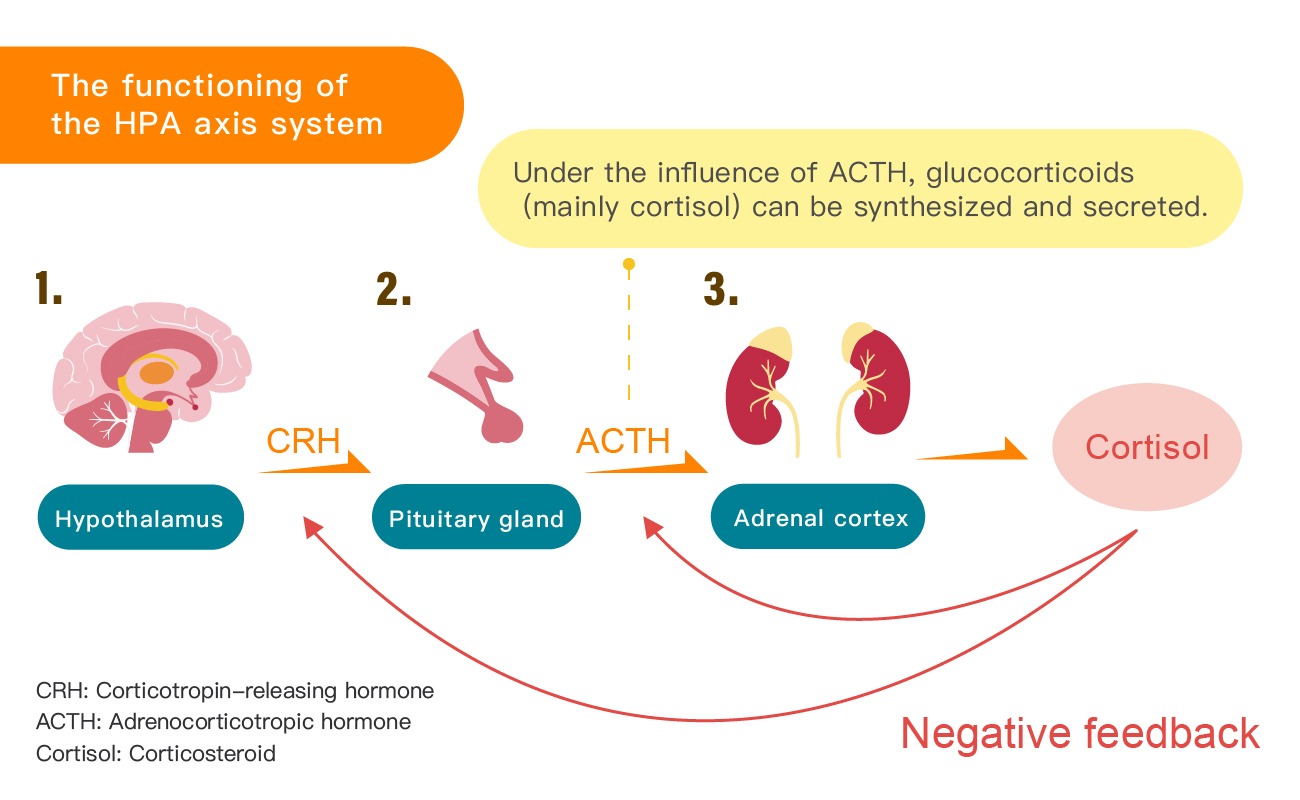
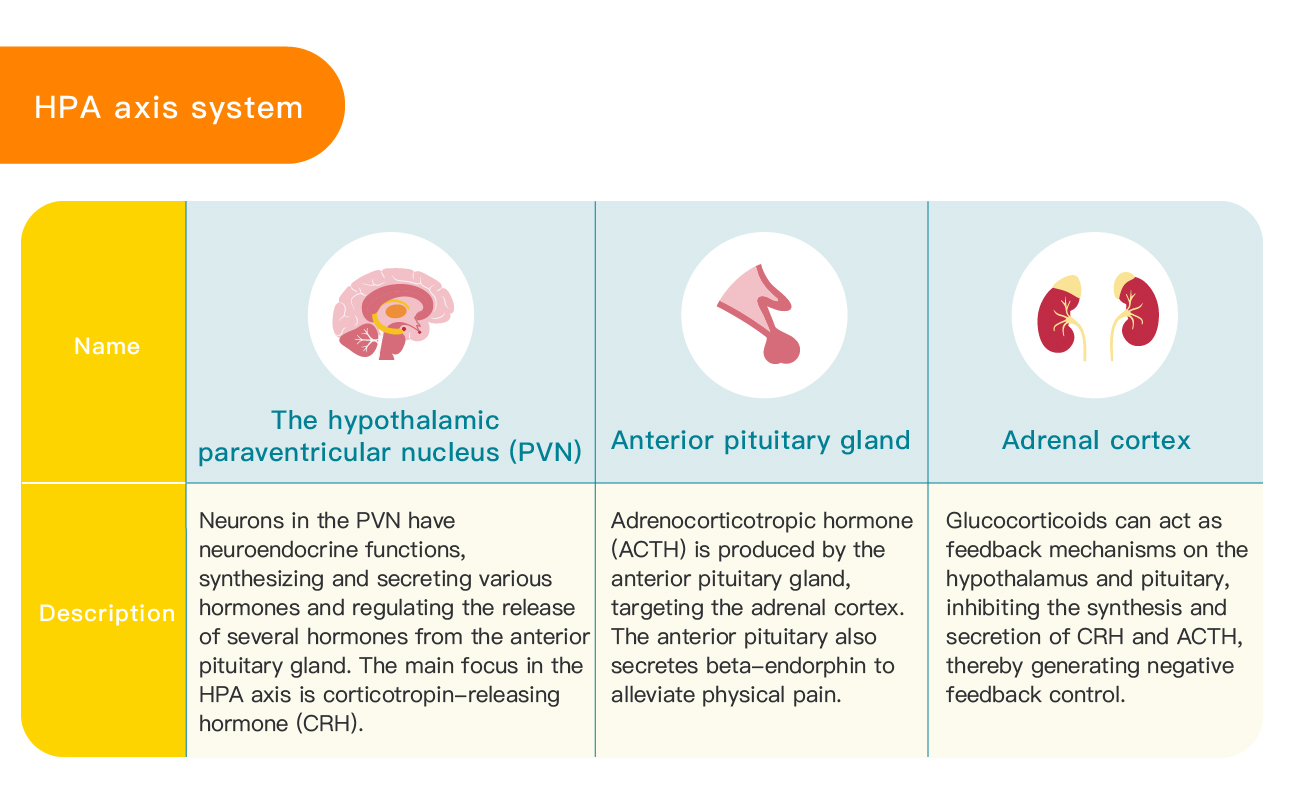
The Impact of High Cortisol Levels
・Insufficient Synaptic Transmission:
Stress inhibits serotonin production, reducing synaptic transmission in the neurons and affecting their activity.
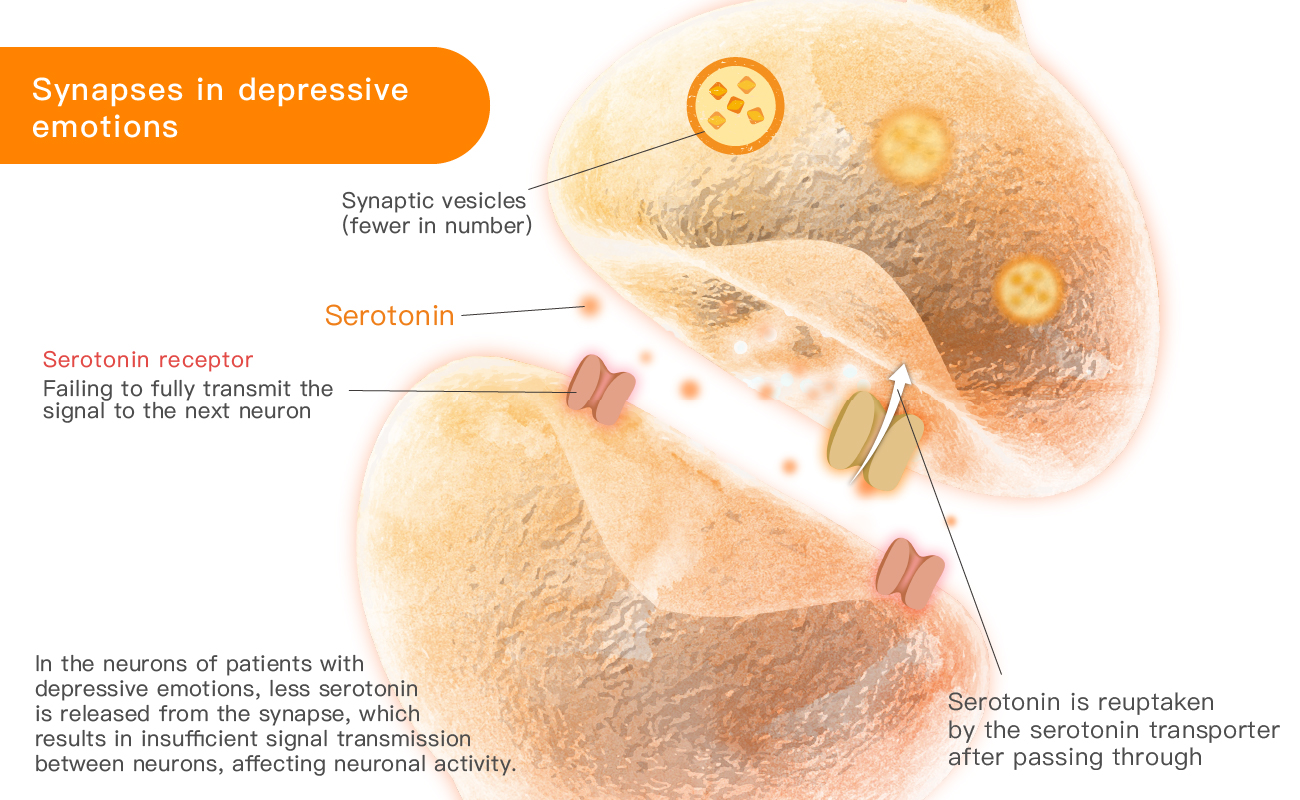
・HPA Axis Dysregulation:
A critical factor in depressed emotion, where insufficient negative feedback within the HPA axis leads to overactivity and elevated cortisol levels, contributes to depressive symptoms.
・Overrelease of CRH (Corticotropin-Releasing Hormone):
Excessive CRH release drives HPA axis hyperactivity, leading to symptoms such as anxiety, depressed emotion, loss of appetite, low libido(low sex drive), and sleep disorder.
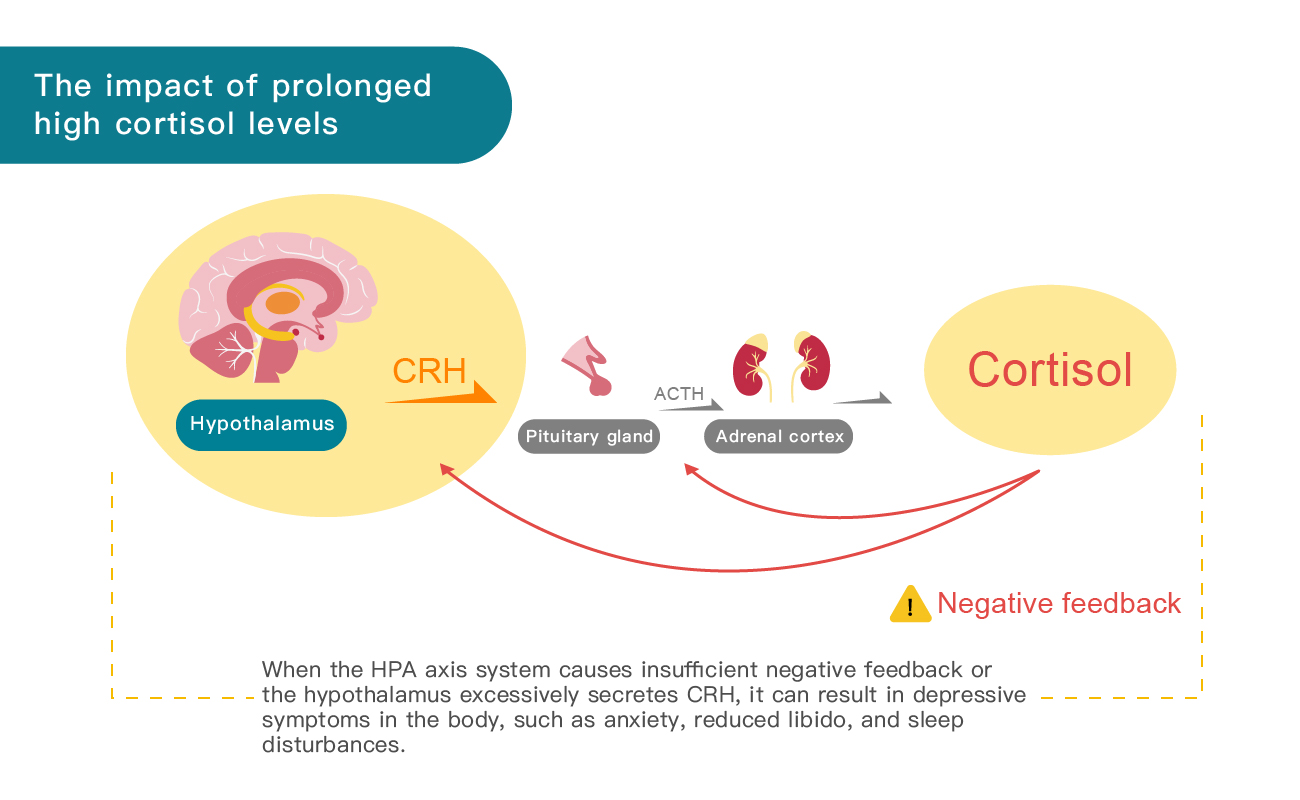
Mental Health Data and Challenges
- Prevalence of Mental Illness: 61% of Hong Kong adults experience poor mental health, and one in seven will encounter a common mental disorder in their lifetime.
- Workplace Culture and Stress: Hong Kong has among the most extended working hours globally, with 39% of Hong Kongers working 4-8 extra hours weekly. It ranks 45th in the Work-Life Balance Index (2020) and first in the Work Stress Index.
- Stigma and Misconceptions: 41% of people believe that mental illness results from a lack of discipline and willpower. Furthermore, 71% of respondents are unwilling to live with someone with a mental disorder, and a third would sever ties with someone diagnosed with a mental illness.
- Youth Mental Health: Mental health issues among children and adolescents increased by 50% from 2011/12 to 2015/16. Over half of secondary school students show symptoms of depression, and many university students experience depression and anxiety.
- Elderly Mental Health: With 16% of Hong Kong’s population over 65, and this figure is expected to rise to one-third by 2041, elderly mental health is a growing concern. Approximately 10% of the elderly population currently suffers from cognitive disorders.
- Women’s Mental Health: Women are twice as likely to suffer from depression as men, influenced by hormonal changes, particularly during menopause. The female HPA axis is also more sensitive to stress, contributing to a higher risk of depression.
The Impact of Stress Hormones
Cortisol, known as the “stress hormone,” regulates many bodily functions. Both excessive and insufficient levels can negatively impact health. While short-term cortisol release helps us cope with stress, prolonged high levels can be detrimental.
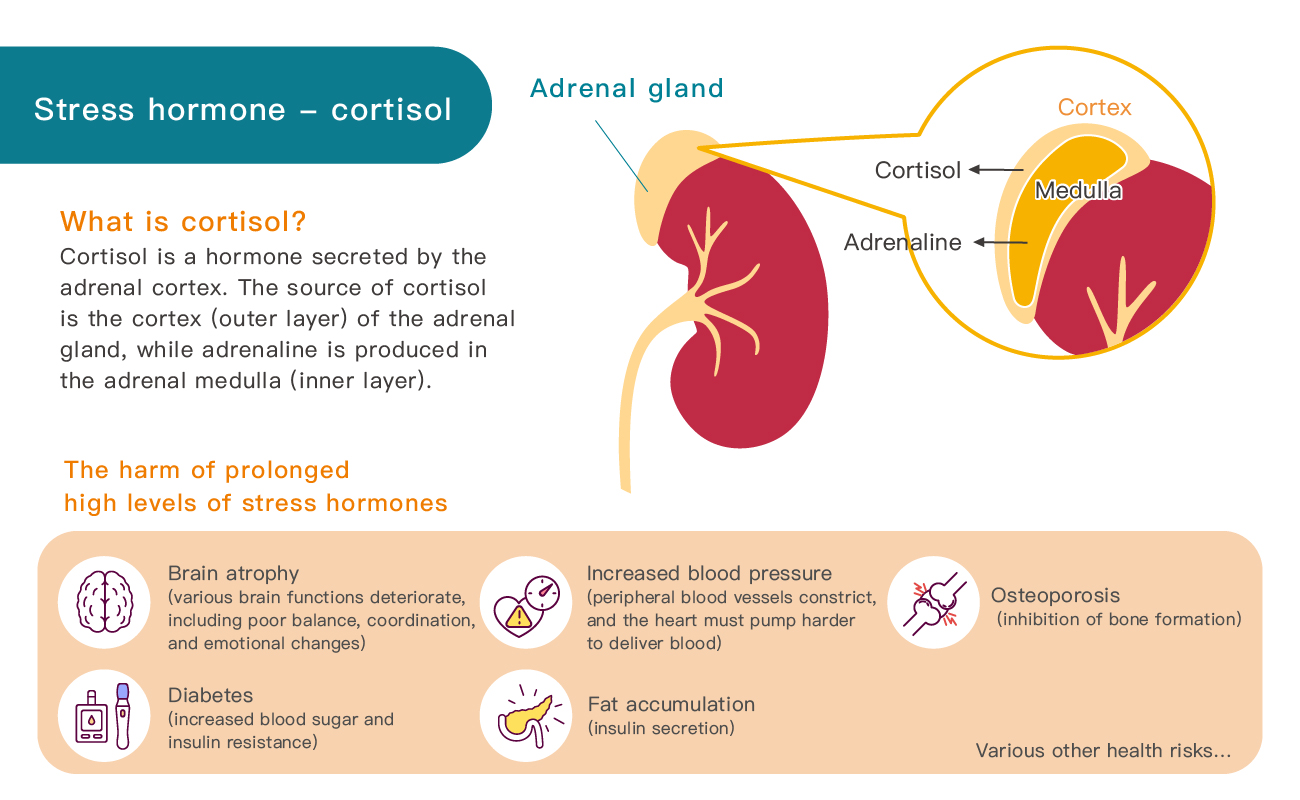
The Brain’s Three Main Elements in Happiness
Serotonin, norepinephrine, and dopamine are neurotransmitters in the brain that regulate emotions, cognition, and sensation. Serotonin plays a crucial role in stabilizing mood. When emotions fluctuate excessively, it can lead to overactivity of the sympathetic nervous system, causing imbalances in norepinephrine, dopamine, and serotonin levels. Adequate serotonin helps balance norepinephrine and dopamine, promoting relaxation, emotional stability, and better sleep quality.
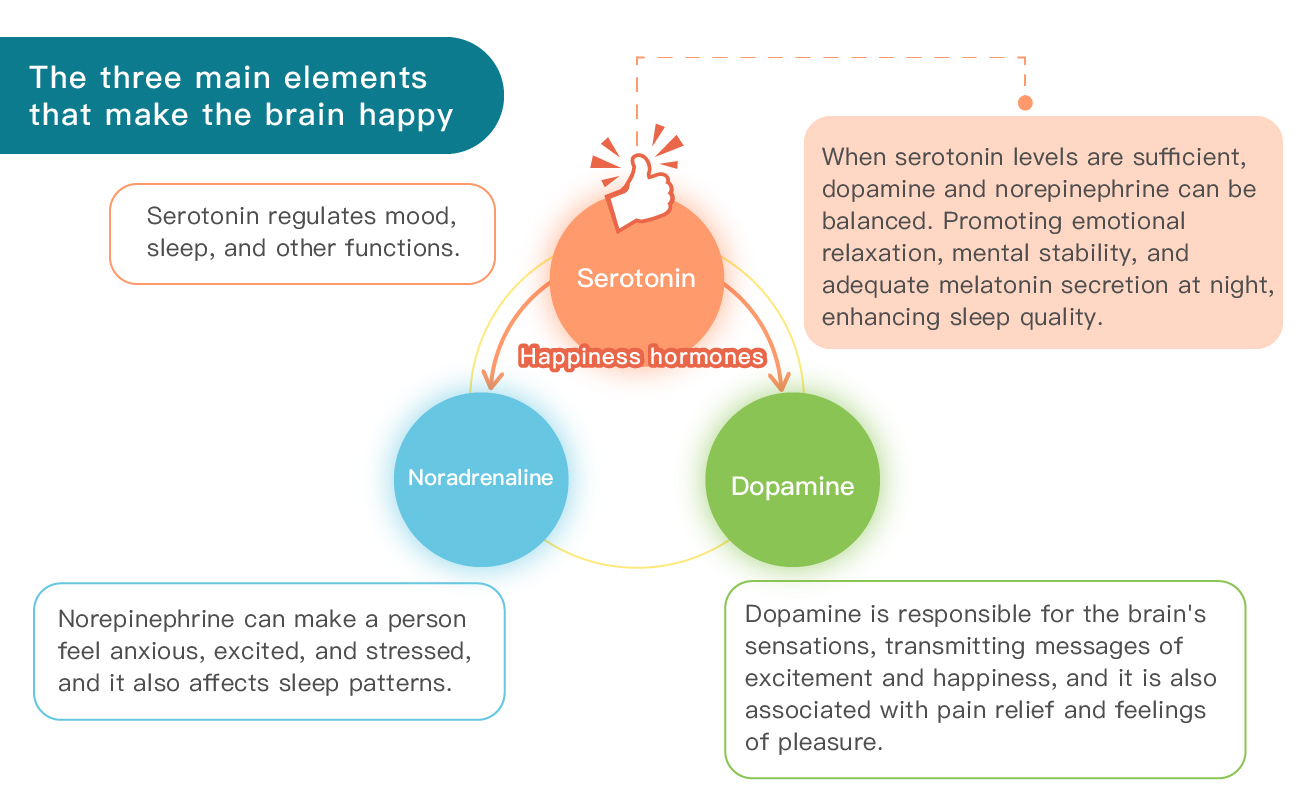
What Are the Self-help Strategies for Emotional Disorders? 6 Tips to Create Positive Emotions!
When emotional disorders strike, the following six tips can help you create positive emotions:
- Essential Oils: Lavender, chamomile, and other essential oils can help relax and reduce stress.
- Exercise: Regular exercise boosts serotonin levels and helps stabilize mood.
- Establish a Daily Routine: Maintaining regular habits promotes physical and psychological balance.
- Mindfulness Practices: Techniques such as yoga and meditation can reduce stress and anxiety, fostering inner peace.
- Talk to Others: Sharing your feelings and difficulties can reduce stress and increase support.
- Consume Natural Herbal Supplement: Herbal teas or natural herbs like Schisandra and Rhodiola can help relax the mind and boost serotonin levels.

Serotisol to Restore Emotional Balance
Serotisol is a stress-relief supplement made from natural herbal ingredients, offering a natural way to manage stress. Based on your stress level, there are two products available:
Serotisol Boost: This product is suitable for mild to moderate depressive symptoms and contains Schisandra, Rhodiola, trace elements, and B vitamins. Schisandra helps increase serotonin production in the brain, balancing dopamine and norepinephrine to promote relaxation. Rhodiola helps regulate the sympathetic nervous system, calming emotions and reducing anxiety.
Serotisol Restore: Designed for those experiencing chronic stress and severe depressive symptoms, this product contains Griffonia seed, Holy Basil, and Ocimum. Griffonia seed is rich in 5-HTP and is known for alleviating depression and sleep difficulties. Holy Basil includes tannins that gently regulate neurotransmitters, stabilizing emotions and reducing stress. Ocimum provides a gentle balance to emotional fluctuations, helping you regain inner peace.
